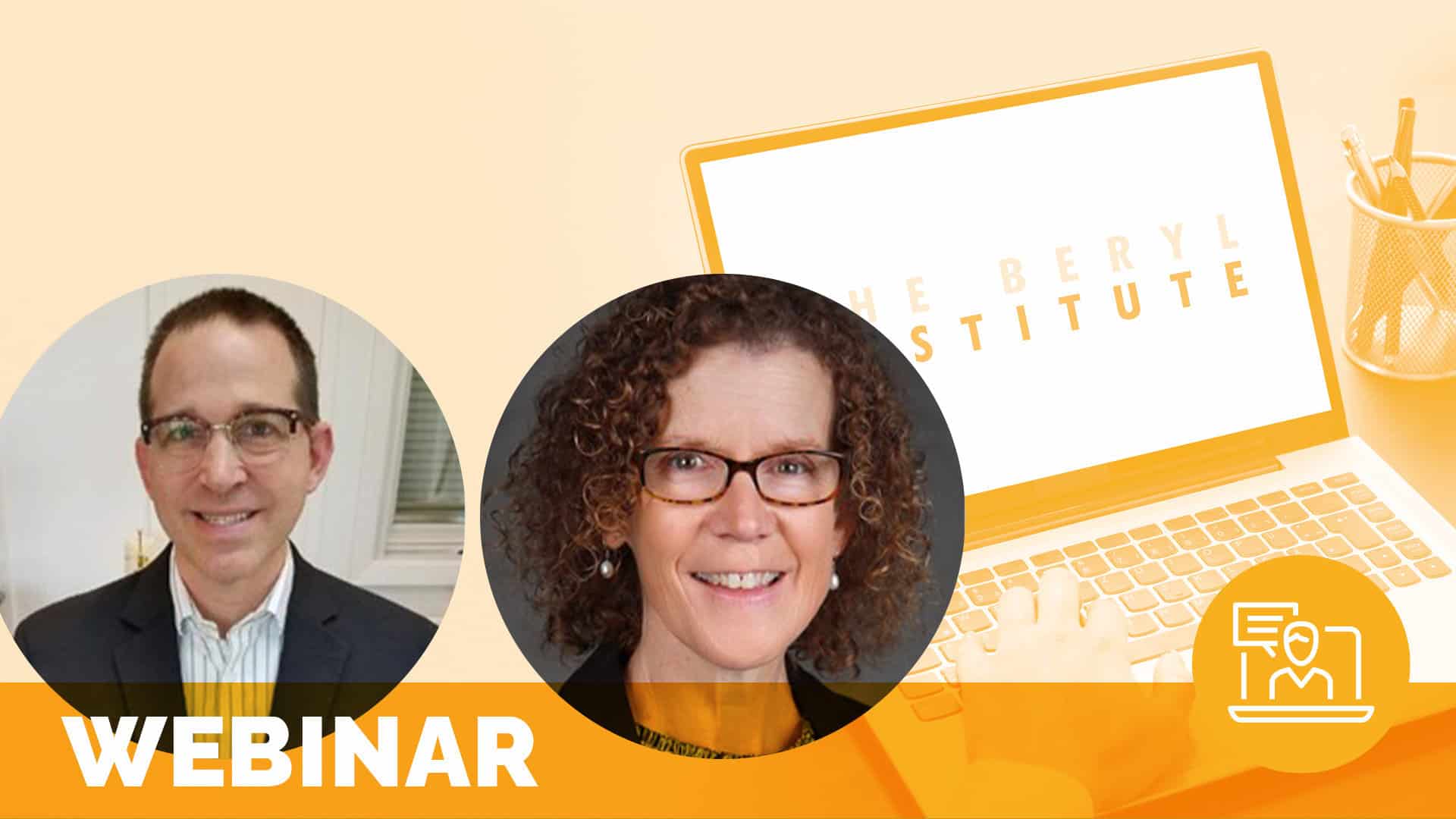Using Patient Kudos to Improve Employee Engagement and to Build a Culture of Appreciation
Published January 21, 2020


Joel High, Performance Improvement Coach, pCare
Melissa Thornburg, Performance Improvement Coach, pCare
Mary Thompson, Patient Experience Coordinator for the Physician Network, Lexington Medical Center
Engaged employees are key to delivering an exceptional patient experience and positively impacting both clinical and financial outcomes. Research indicates employee appreciation leads to less turnover, more productivity, and increased commitment to tasks and patients, and also fosters intrinsic motivation in employees for the personal reward of performing well at work. However, the next step is inviting patients to recognize caregivers using point-of-care feedback to further establish an engaged, satisfied and productive workforce. In this webinar, we will review research and discuss strategies for using patient feedback to enhance your employee recognition program, leading to an engaged workforce, an exceptional patient experience, and positively impacted bottom line.
Related content
-
Culture & Leadership | Staff & Provider Engagement
Nonviolent Communication to Improve the Human Experience
Published January 28, 2025

Complimentary – Discover the transformative power of Nonviolent Communication (NVC) in this engaging webinar. Grounded in emotional intelligence, NVC equips healthcare professionals with tools to resolve disputes and prevent conflict escalation through clear, compassionate communication. Participants will explore NVC’s four-step framework, which focuses on identifying feelings, understanding needs, and connecting with values that shape actions
Learn more -
Staff & Provider Engagement
Transforming Residents into Patient Experience Champions
Published December 16, 2024

This learning bite highlights an innovative approach to integrating patient experience education into a residency program at SUNY Upstate Medical University. Through “Rotation X,” residents engage in “The Voice of the Patient” sessions, gathering insights directly from patients to improve care. Learn how this initiative equips physicians with the skills, knowledge, and tools to enhance
Learn more -
Culture & Leadership | Patient Family & Community Engagement | Policy & Measurement | Staff & Provider Engagement
Pulse Check: Perspectives on Human Experience
Published September 19, 2025

Complimentary – This 30-minute session will explore key headlines from the most recent PX Pulse report and findings from the State of Human Experience 2025 study. Participants will engage in discussion on consumer perspectives on the current state of healthcare, review the biggest trends in human experience, and reflect on how these insights will impact both
Learn more
